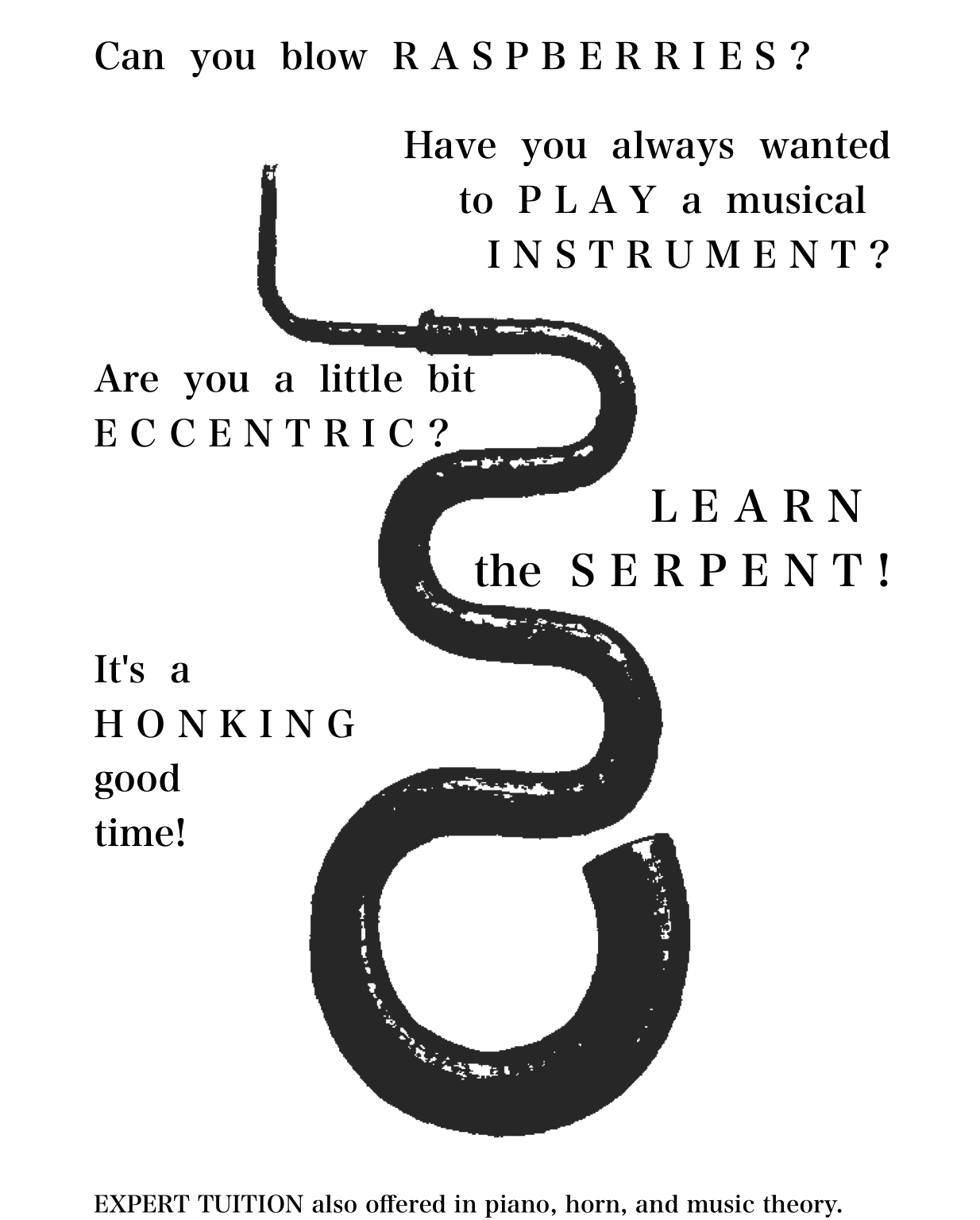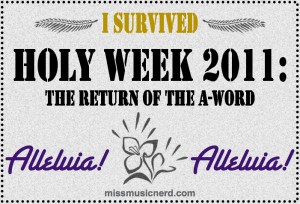Who is considered "Christian"? Why do any of us care?
Edward Green wrote an
interesting post about the UCCF's
Doctrinal Basis, a sort of pseudo-creed which it seems is sometimes used as a litmus test of who is "in" and who is not at university Christian Unions.
Revd Green rightly points out that even the Catechism of the Catholic Church has a broader remit than that, stating that
“All who have been justified by faith in Baptism are incorporated into Christ; they therefore have a right to be called Christians, and with good reason are accepted as brothers in the Lord by the children of the Catholic Church.” I would agree that this is true, but I shy away from relying on the sacrament of baptism as a way of defining who is Christian, or rather, who is not.
The Salvation Army is one example of a non-sacramental movement that I would find difficult to classify as "not Christian". There are also Christian Quakers, and Christian Unitarians, and all sorts of people from all walks of life who consider themselves Christian in the sense of trying to follow the way of Jesus of Nazareth regardless of not sharing creedal beliefs. There are Mormons and Jehovah's Witnesses; I've lived with the former and been friends with the latter and I am not willing to call either group "not Christian" because of their divergences from the creed I give my heart to. Quite frankly, if someone believes in the
Flying Spaghetti Monster but also self-identifies as Christian I am willing to consider them Christian.
There are a few reasons I have this attitude. One is that I believe God is ultimately ineffable and limitless. This puts everyone in a bit of a pickle as it's difficult to say anything meaningful about the nature of God without putting limits on God. If God is pink then God cannot be blue, but if God is limitless then God is both pink and blue. So while I am concerned with right belief, I try to sit lightly to it, if you will, remembering that
we are all heretics.
Another reason is that the example Jesus set for us, if I am to believe scripture, points toward accepting others and treating them with respect and loving kindness regardless of their religious background. What is the point of my knowing what sort of Christian someone is? So often, this seems to be a case of trying not to associate with the "wrong" sort of people.
Sometimes this is out of a concern for sacramental purity: only baptised, confirmed Christians who have jumped through this hoop and that hoop are welcome at the Lord's table, says the Church. We mustn't "adulterate" the sacrament by allowing anyone who might have the wrong idea to try it for themselves, or by allowing anyone we aren't quite sure about -- sinners, gays, women -- to preside at the Eucharist. I think this is incredibly sad; we are all heretics, remember? and I would say we are also all sinners! But Jesus ate with society's outcasts and died as an outcast himself. He asked people to believe in him, but didn't demand they believed before feeding them.
I have better things to do than try to follow obscure rules about who I may or may not eat with. Sometimes the purity concerns seem to be more along the lines of worry that someone will come along and infect us with wrong belief. I can understand this a little better. If you have a nice comforting belief and someone comes along and questions the premises, then of course it's going to be unnerving. But
scary and evil aren't the same thing, and building isolating walls around our faith does two things: it puts the community at risk of stagnation and idiosyncracy, and it gives people leverage over us. Now, I do think that people in community should give one another power; we are accountable to each other, we live together on this interconnected planet where
there is only one flesh we can wound. But I don't think that power should extend as far as someone saying "Well, you aren't
really Christian if you believe that. You don't belong here."
At Greenbelt, I went to a talk by Mark Vernon on fundamentalisms and boundaries. He described the difference between bounded sets and centred sets by talking about ways of keeping herds of cattle together in Australia. There are basically two strategies: you can build a fence, or you can sink a well. Then in the rest of his talk he went on to talk about how some people seem to need boundaries, how without boundaries we can't define what the church is or isn't and cross those boundaries to reach -- who? Other churches? the "unchurched"? I don't quite remember, to be honest, because for the rest of the talk I was thinking "OK, but what happens if we just sink a well?"
Boundaries make us feel safe, right enough, whether that's to do with purity of thought or purity of sacrament. It's natural enough to want to associate with the "right" kind of people. But dividing the sheep and the goats by doctrinal fences isn't, in the end, for us to do. The wheat and tares are not for us to sort out.
Instead we are told "by their fruits ye shall know them" and "love your neighbour as yourself". I hope that if people classify me as Christian it is not because I go to church to pray, or because I regularly receive Communion, or because I happen to agree with them on matters of doctrine or liturgy. When someone tells me that they are Christian, I consider it a statement of intent, not a statement of adherence to some orthodoxy or another. I am not a theologian and some would say I lack the education to make such assumptions. Nevertheless, I hope that if people classify me as Christian, it is because of my attempts, however frail or flawed the results might be, to live in the world as an example of God's love for the world.
















